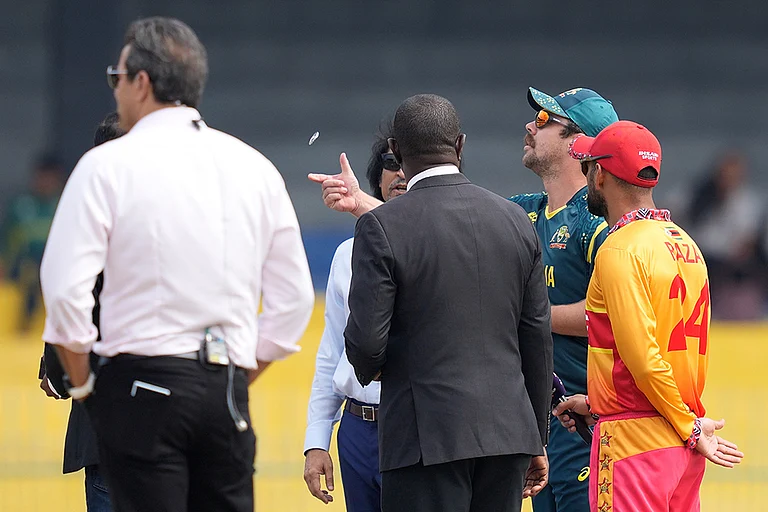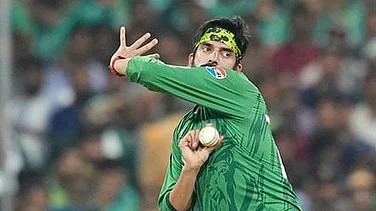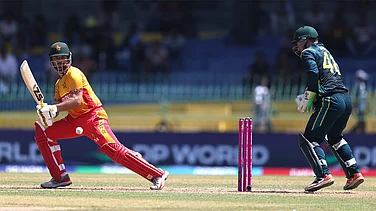A professional sportsperson is immune to heartbreaks and is trained to move on quickly towards the impending challenge, India head coach Rahul Dravid on Sunday detailed how Rohit Sharma’s men coped with the heartbreaking World Cup final defeat to Australia. (Cricket News)
Since being part of that fateful November 19 at Ahmedabad, KL Rahul, Ravindra Jadeja and Shreyas Iyer had appeared in a few white ball games, but the rest will be playing an international match for the first time in five weeks.
“It was heartbreaking but you have to move on quickly in international cricket as we now have another important series coming up and all these series count towards trying to qualify for another ICC event in 2025 (WTC final),” Dravid spoke about focusing on the new challenge during a media interaction in Centurion.
The ‘Wall’ knew that it was a huge heartbreak but he was equally aware that carrying the baggage of that final defeat for too long could be problematic.
“You don’t really have time to remain down. You have to pick yourself up and move on and the boys have done that really well,” he said, adding that spirit in camp “has been superb”.
“While there was disappointment but we have all moved on from it, we have to see what’s in-front of us. I thought ODI team did really well to win that series in which lot of main South African batters played”.
Dravid, who himself faced a World Cup final heartbreak in 2003 as a player, felt that sportsmen, in general, are pretty wired to move on from a point.
“Players are very good at moving on as we are forced to do that from the time you are kids. You get out and you can’t let that disappointment stay with you for too long. It will affect your performance in the next game,” said the veteran of 164 Tests and 344 ODIs.
'In SA, Variable Bounce Makes Difference'
India have never won a Test series in South Africa in their previous seven visits.
Dravid reckoned that unlike in England where the ball swings and in Australia where bouncy tracks are on offer, pitches in South Africa pose a slightly different challenge.
“Statistically, it has been a tough country but we have put on good performances and it’s not like it is impossible to play here and I think one thing (that separates it from other SENA nations) is that bounce tends to be a bit more variable than in other places,” he observed.
“You might not have as much swing as you get in England and not as much pace and bounce as you see in Australia, but there is uneven bounce.
It has proven to be a bit of a challenge for Indian batters but we have also had centuries. So, it’s not an impossible place to play. We have quality and experience to do that,” the coach exuded confidence.
But what will be the secret of success? Dravid felt that not losing a session too badly will be the key unlike in the previous series.
In 2021-22, while batting in third innings of the second and third Tests India couldn’t score those additional 60-70 runs and lost wickets in a heap.
“We have seen there is more bounce on these tracks. Batting is difficult. These are result oriented tracks and, in these conditions, if you miss out on one passage of play, you can be far behind.
“Even if you lose a session, you shouldn’t lose it too badly, like you shouldn’t lose 6-7 wickets in a session,” Dravid added.





















